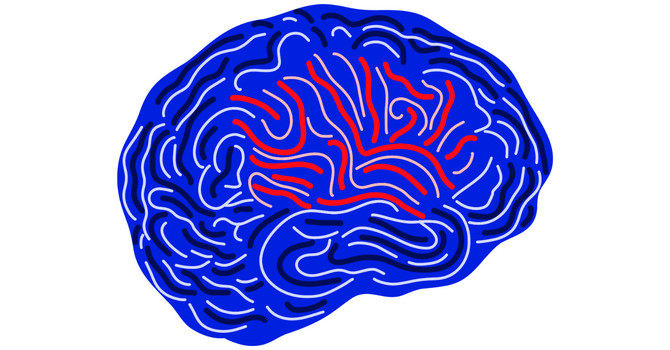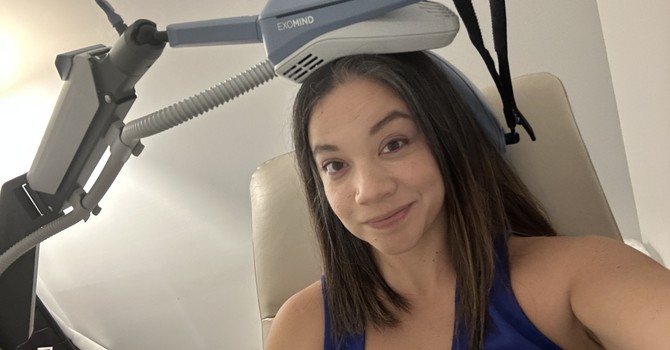
Problems with focus and concentration, trouble sitting still, impulsivity and emotional outbursts are only some of symptoms of ADHD. The way these symptoms impact your life... Incident reports, referrals, persistent parent teacher conferences, leaving events early... is an entirely other issue. The anxiety surrounding going out with your child, not knowing how they'll act at special events, dealing with outbursts at playdates, and ongoing sensory issues can get in the way of vacations, special occasions and other life events that would be simple for a neurotypical child.
At Heal Thyself Institute, we have dedicated years to exploring the connection between focus, concentration, ADHD and primitive reflexes. Dr Waldo, after experiencing some of these symptoms himself, has made a focus of his practice to help families foster more well adapted children.
Navigating an ADHD diagnosis can be complicated, particularily for parents who want to take a natural approach to wellness and health. If you're trying to manage your child's symptoms with a more holistic apparoach, keep reading to learn about the connection between ADHD and unintegrated primitive reflexes.
Attention Deficit Hyperactivity Disorder (ADHD) is a neurodevelopmental condition that affects both children and adults. It's characterized by symptoms such as inattention, hyperactivity, and impulsivity. While it's a complex condition with multiple contributing factors, recent research suggests a fascinating connection between primitive reflexes and ADHD. Understanding these connections could open doors to more effective management and treatment.
**What Are Primitive Reflexes?**
Primitive reflexes are automatic, stereotypical movements that infants are born with. They are essential in early development but should become inhibited as the infant matures. However, in some cases, primitive reflexes persist beyond infancy and can contribute to various challenges, including ADHD.
**The Persistence of Primitive Reflexes**
When primitive reflexes do not integrate properly, they can manifest as various behavioral, emotional, and cognitive difficulties, including those seen in ADHD. It's essential to understand that primitive reflexes are not inherently problematic; they serve a purpose during infancy, aiding in survival and development. The concern arises when they persist and interfere with normal functioning.
**The Link Between Primitive Reflexes and ADHD**
- Sensory Integration: In ADHD, there can be disruptions in sensory processing. The persistence of primitive reflexes may contribute to these sensory challenges, potentially affecting an individual's ability to focus, organize thoughts, and control impulses.
- Motor Control: Primitive reflexes are closely tied to motor control and coordination. Their persistence may lead to issues with fine and gross motor skills, which can affect handwriting, attention, and the ability to sit still in a classroom or workplace.
- Emotional Regulation: Difficulty in emotional regulation is another common aspect of ADHD. Unintegrated primitive reflexes may exacerbate these issues by creating a state of chronic stress and heightened reactivity.
- Cognitive Functions: Retained primitive reflexes can influence cognitive functions such as memory, executive functioning, and decision-making. When they persist, they may disrupt these processes, making it challenging to complete tasks or follow instructions.
**Addressing Primitive Reflexes for ADHD Management**
Understanding the role of primitive reflexes in ADHD provides a new avenue for holistic management. Here are some ways addressing primitive reflexes may be beneficial:
Primitive Reflex Integration Exercises: These exercises can help individuals inhibit primitive reflexes that have not integrated properly.
Sensory Therapies: There are numerous sensory integration techniques to help individuals with ADHD. This can include activities that address sensory sensitivities, potentially caused by unintegrated reflexes.
Motor Skills Training: Enhancing fine and gross motor skills through physical activities and exercises can improve coordination and reduce challenges related to primitive reflex retention.
Behavioral Strategies: Combining reflex integration exercises with behavioral strategies can provide a comprehensive approach to managing ADHD symptoms.
Understanding the potential link between primitive reflexes and ADHD offers new insights into the condition's complexity. While not a standalone treatment, addressing primitive reflexes as part of a comprehensive ADHD management plan may improve overall functioning, helping individuals with ADHD unlock their full potential.
Our office offers primitive reflex assessments and therapeutic intervention. We also have an online class at www.healthyselfcourses.com

Waldo Amadeo
Contact Me



